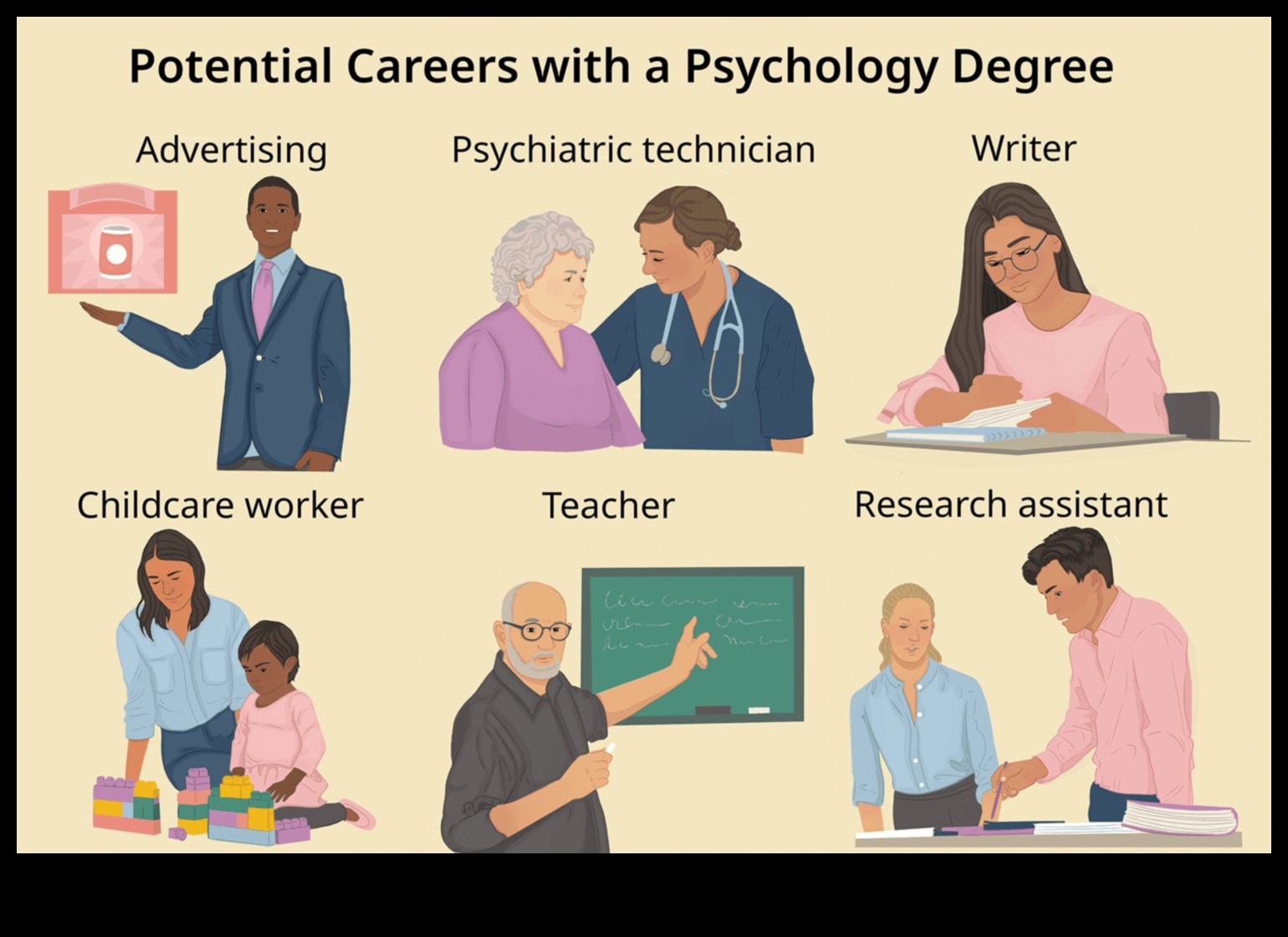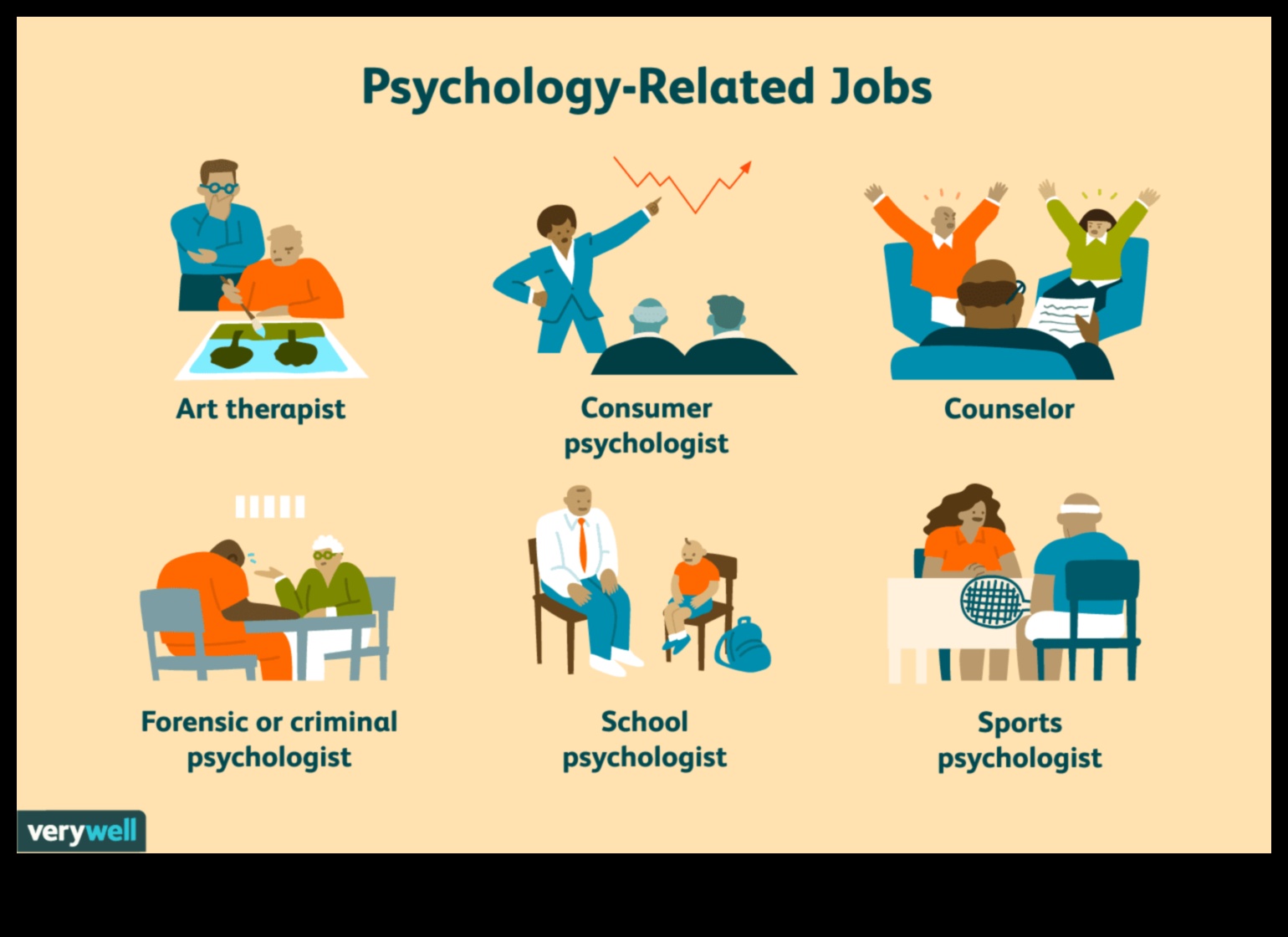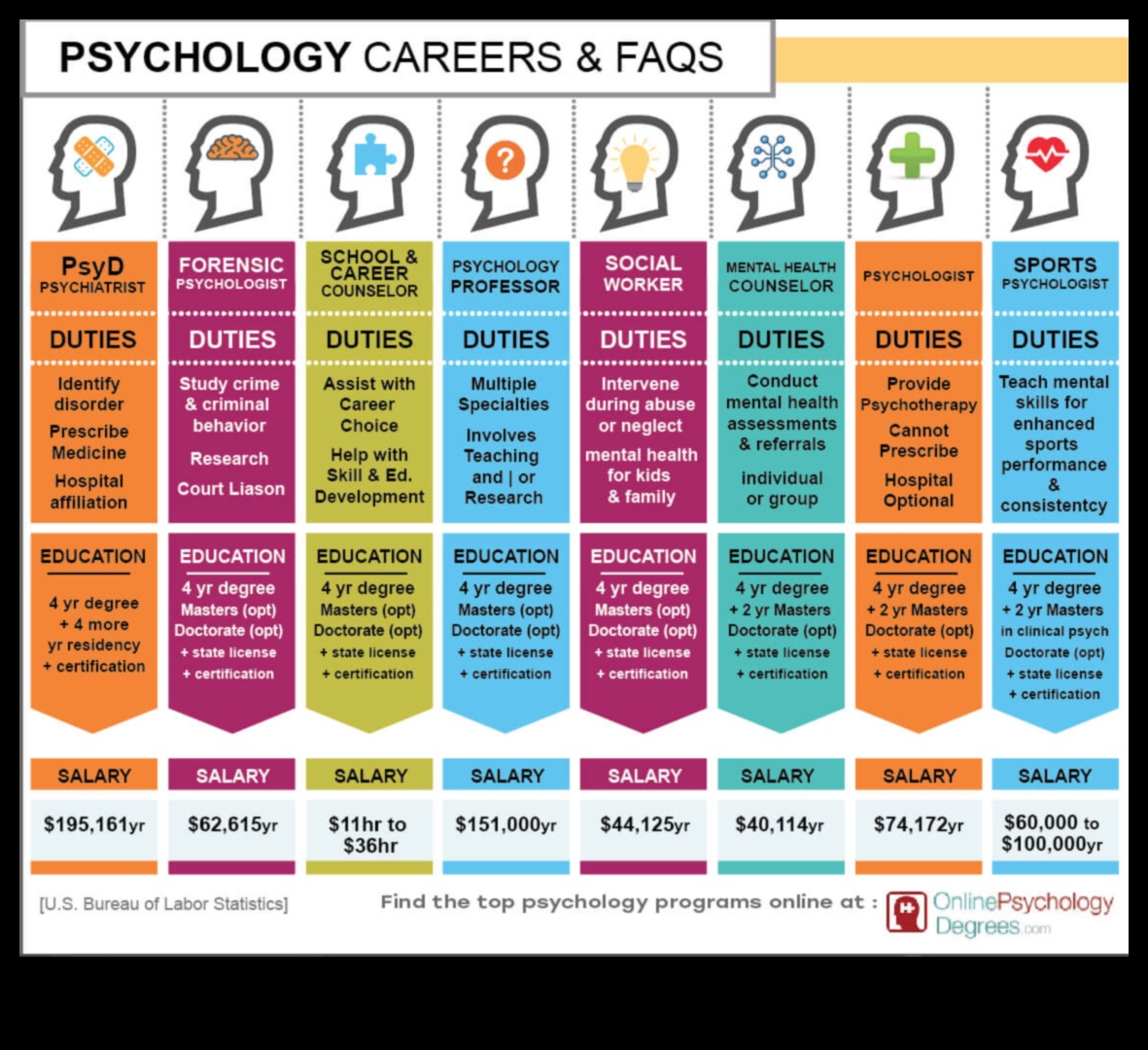
What jobs can you get with an associate’s in psychology?
People searching for “what jobs can you get with an associate’s in psychology” are trying to find out what career options are available to them with an associate’s degree in psychology. They may be interested in pursuing a career in psychology, but they may not know what jobs are available to them with just an associate’s degree. They may also be looking for a career change and are considering psychology as a possible option.
The SEO search intent of this keyword is informational. The person is looking for information about what jobs they can get with an associate’s degree in psychology. They are not looking for a job listing or a specific job title. They are looking for a list of possible jobs that they can research further.
Here are some of the possible jobs that people with an associate’s degree in psychology can get:
- Mental health counselor
- Social worker
- Child psychologist
- School psychologist
- Career counselor
- Rehabilitation counselor
- Marriage and family therapist
- Substance abuse counselor
- Crisis counselor
- Forensic psychologist
- Industrial-organizational psychologist
| Topic | Feature |
|---|---|
| Associate’s degree in psychology | A two-year degree that provides students with the foundation in psychology they need to pursue a career in the field. |
| Jobs with an associate’s in psychology | A variety of jobs are available to people with an associate’s degree in psychology, including mental health counselor, social worker, child psychologist, and school psychologist. |
| Psychology career | A rewarding and challenging career that can help people to improve their lives. |
| Psychology degree | A degree in psychology can open up a world of possibilities for your career. |
| Psychology jobs | A variety of jobs are available to people with a psychology degree, including clinical psychologist, counseling psychologist, industrial-organizational psychologist, and research psychologist. |

What jobs can you get with an associate’s in psychology?
People searching for “what jobs can you get with an associate’s in psychology” are trying to find out what career options are available to them with an associate’s degree in psychology. They may be interested in pursuing a career in psychology, but they may not know what jobs are available to them with just an associate’s degree. They may also be looking for a career change and are considering psychology as a possible option.
The SEO search intent of this keyword is informational. The person is looking for information about what jobs they can get with an associate’s degree in psychology. They are not looking for a job listing or a specific job title. They are looking for a list of possible jobs that they can research further.
Here are some of the possible jobs that people with an associate’s degree in psychology can get:
- Mental health counselor
- Social worker
- Child psychologist
- School psychologist
- Career counselor
- Rehabilitation counselor
- Marriage and family therapist
- Substance abuse counselor
- Crisis counselor
- Forensic psychologist
- Industrial-organizational psychologist
What are the benefits of an associate’s degree in psychology?
There are many benefits to getting an associate’s degree in psychology. Some of the benefits include:
*
Affordability: An associate’s degree in psychology is a relatively affordable degree to pursue. The cost of tuition and fees at a community college or technical school is typically much lower than the cost of tuition and fees at a four-year university.
*
Flexibility: Associate’s degree programs in psychology are typically more flexible than bachelor’s degree programs. This means that you can often complete your degree on a part-time basis, which can be ideal for students who are working full-time or have other commitments.
*
Career opportunities: An associate’s degree in psychology can prepare you for a variety of career opportunities in the mental health field. Some of the jobs that you may be qualified for with an associate’s degree in psychology include mental health counselor, social worker, child psychologist, and school psychologist.
*
Transferability: If you decide to pursue a bachelor’s degree in psychology, you can transfer your credits from an associate’s degree program to a four-year university. This can save you time and money on your bachelor’s degree.

What jobs can you get with an associate’s in psychology?
Here are some of the possible jobs that people with an associate’s degree in psychology can get:
- Mental health counselor
- Social worker
- Child psychologist
- School psychologist
- Career counselor
- Rehabilitation counselor
- Marriage and family therapist
- Substance abuse counselor
- Crisis counselor
- Forensic psychologist
- Industrial-organizational psychologist

What jobs can you get with an associate’s in psychology?
Here are some of the possible jobs that people with an associate’s degree in psychology can get:
* Mental health counselor
* Social worker
* Child psychologist
* School psychologist
* Career counselor
* Rehabilitation counselor
* Marriage and family therapist
* Substance abuse counselor
* Crisis counselor
* Forensic psychologist
* Industrial-organizational psychologist

VI. Top associate’s degree in psychology programs
Here is a list of the top associate’s degree in psychology programs in the United States:
* Western Governors University
* Ashford University
* Liberty University
* Southern New Hampshire University
* Utah Valley University
These programs are all accredited by the American Psychological Association (APA) and offer a rigorous curriculum that prepares students for a career in psychology. They also offer a variety of online and on-campus options, so students can find the program that best fits their needs.
FAQ
Here are some of the most frequently asked questions about getting an associate’s degree in psychology:
- What is the difference between an associate’s degree and a bachelor’s degree in psychology?
- What are the job prospects for people with an associate’s degree in psychology?
- How long does it take to get an associate’s degree in psychology?
- What are the requirements for getting an associate’s degree in psychology?
- What are the benefits of getting an associate’s degree in psychology?
- What are the drawbacks of getting an associate’s degree in psychology?
Conclusion
An associate’s degree in psychology can be a great way to start a career in the mental health field. It provides students with the knowledge and skills they need to work in a variety of settings, including mental health clinics, schools, and social service agencies. With an associate’s degree in psychology, you can also pursue a bachelor’s degree in psychology or a related field.
If you’re interested in a career in psychology, an associate’s degree can be a great way to get started. It’s a relatively affordable and flexible degree program that can prepare you for a variety of careers in the mental health field.
Q: What is the difference between an associate’s degree in psychology and a bachelor’s degree in psychology?
A: An associate’s degree in psychology is a two-year degree that provides students with a foundation in the field of psychology. A bachelor’s degree in psychology is a four-year degree that provides students with a more in-depth understanding of psychology.
Q: What are the job prospects for people with an associate’s degree in psychology?
A: People with an associate’s degree in psychology can find jobs in a variety of fields, including mental health counseling, social work, child psychology, school psychology, career counseling, rehabilitation counseling, marriage and family therapy, substance abuse counseling, crisis counseling, forensic psychology, and industrial-organizational psychology.
Q: How much does it cost to get an associate’s degree in psychology?
A: The cost of an associate’s degree in psychology varies depending on the school. The average cost of tuition and fees for an associate’s degree in psychology is around $15,000.
Q: How long does it take to get an associate’s degree in psychology?
A: An associate’s degree in psychology typically takes two years to complete.
Q: What are the prerequisites for an associate’s degree in psychology?
A: The prerequisites for an associate’s degree in psychology vary depending on the school. However, most schools require students to have completed high school algebra, geometry, and biology. Some schools may also require students to have completed a psychology course.
Q: What are the advantages of getting an associate’s degree in psychology?
A: There are many advantages to getting an associate’s degree in psychology. Some of the advantages include:
* It is a relatively affordable degree to obtain.
* It can be completed in two years.
* It provides students with a foundation in the field of psychology.
* It can lead to a variety of jobs in the mental health field.
Q: What are the disadvantages of getting an associate’s degree in psychology?
A: There are some disadvantages to getting an associate’s degree in psychology. Some of the disadvantages include:
* It is not as in-depth as a bachelor’s degree in psychology.
* It may not qualify students for some jobs in the mental health field.
* It may be necessary to get a bachelor’s degree in psychology in order to advance in your career.
Q: What are the best schools for an associate’s degree in psychology?
A: Some of the best schools for an associate’s degree in psychology include:
* Bellevue University
* Capella University
* Colorado State University-Pueblo
* DeVry University
* Excelsior College
* Grand Canyon University
* Harrisburg University of Science and Technology
* Hodges University
* Kaplan University
* Liberty University
* Mount Saint Mary’s University
* Rasmussen College
* University of Phoenix
* Walden University
Q: What are the next steps after getting an associate’s degree in psychology?
A: There are a few different options after getting an associate’s degree in psychology. Some people choose to go on to get a bachelor’s degree in psychology. Others choose to get a job in the mental health field. And still others choose to continue their education in a different field.
Q: What are some common job titles for people with an associate’s degree in psychology?
A: Some common job titles for people with an associate’s degree in psychology include:
* Mental health counselor
* Social worker
* Child psychologist
* School psychologist
* Career counselor
* Rehabilitation counselor
* Marriage and family therapist
* Substance abuse counselor
* Crisis counselor
* Forensic psychologist
* Industrial-organizational psychologist
FAQ
Q: What are the job prospects for people with an associate’s degree in psychology?
A: The job prospects for people with an associate’s degree in psychology are good. According to the Bureau of Labor Statistics, the employment of psychologists is projected to grow by 14% from 2020 to 2030, faster than the average for all occupations. This growth is expected to be driven by the increasing demand for mental health services, as well as the growing need for psychologists in schools, hospitals, and other healthcare settings.
Q: What are the benefits of getting an associate’s degree in psychology?
A: There are many benefits to getting an associate’s degree in psychology. These benefits include:
* A better understanding of human behavior
* The ability to help people with mental health problems
* The ability to work in a variety of settings, such as schools, hospitals, and private practice
* The opportunity to earn a higher salary
Q: How long does it take to get an associate’s degree in psychology?
A: It typically takes two years to complete an associate’s degree in psychology. However, some programs may be shorter or longer, depending on the school.